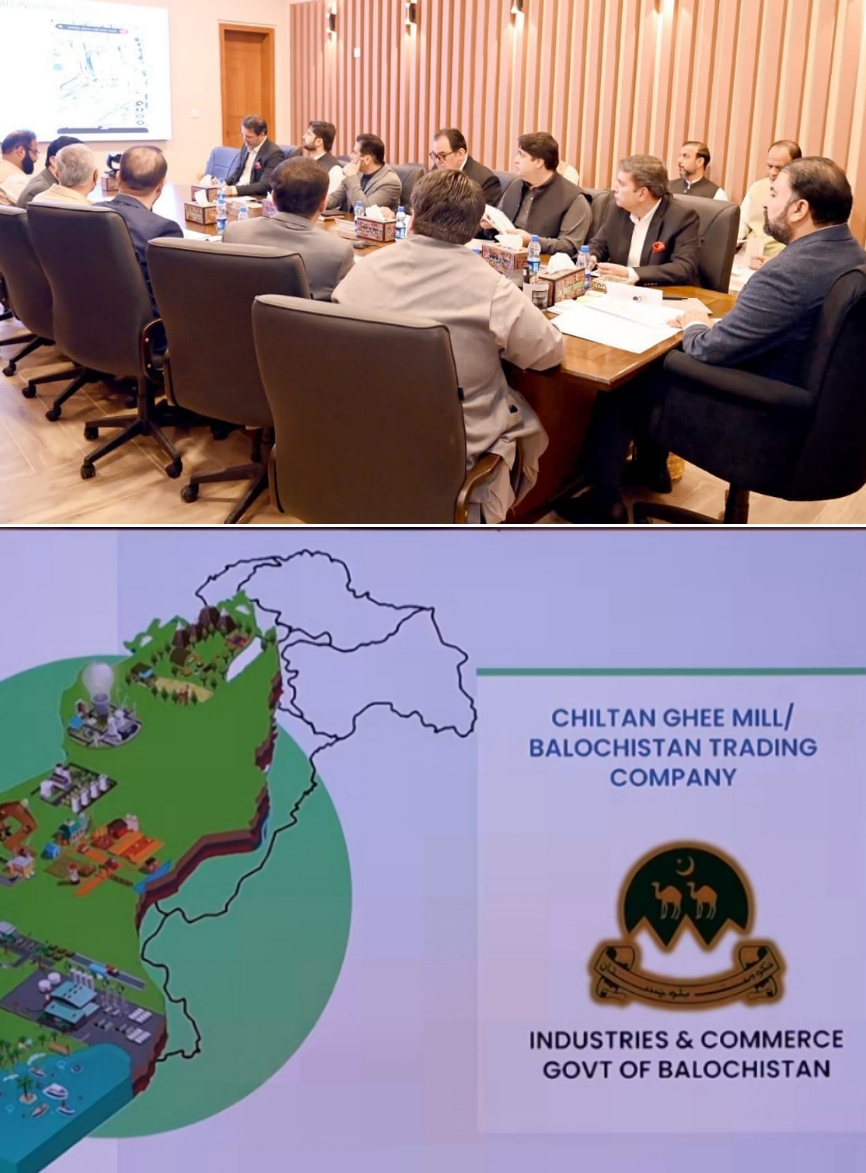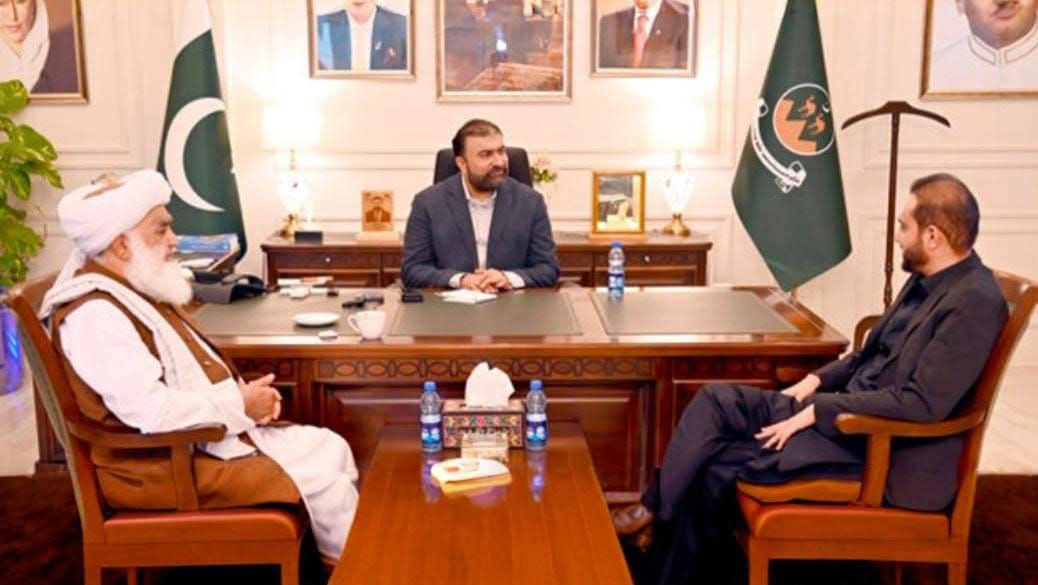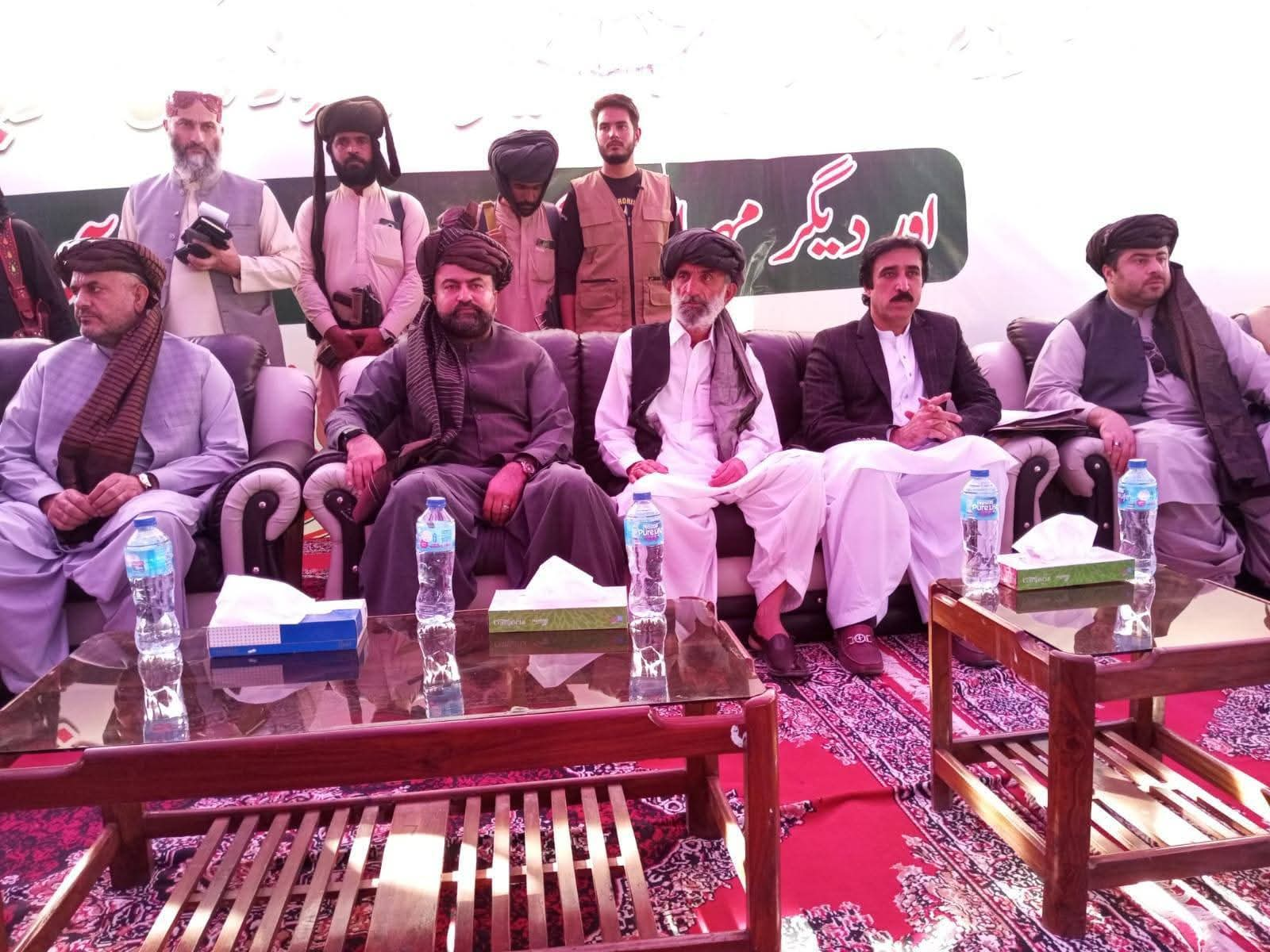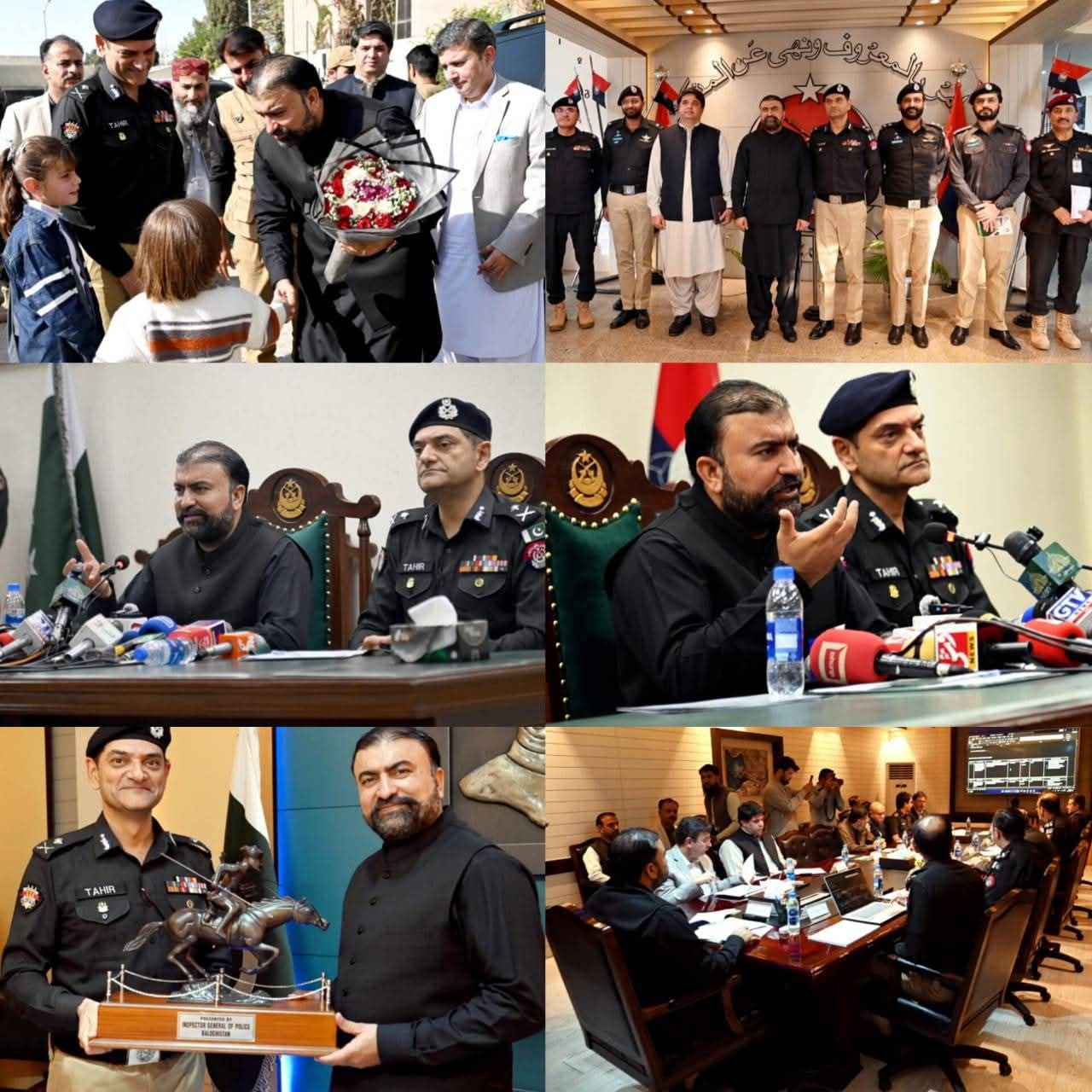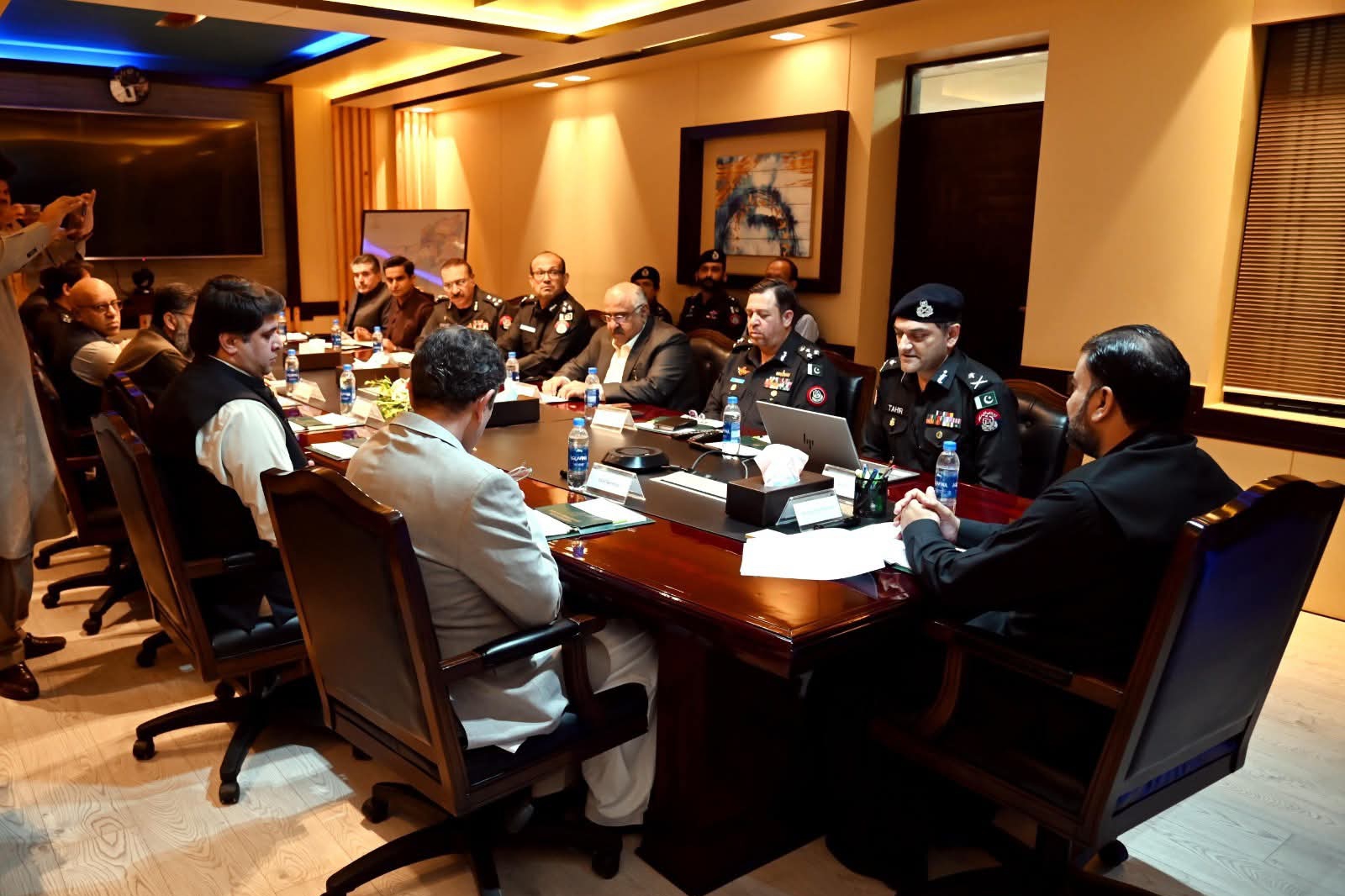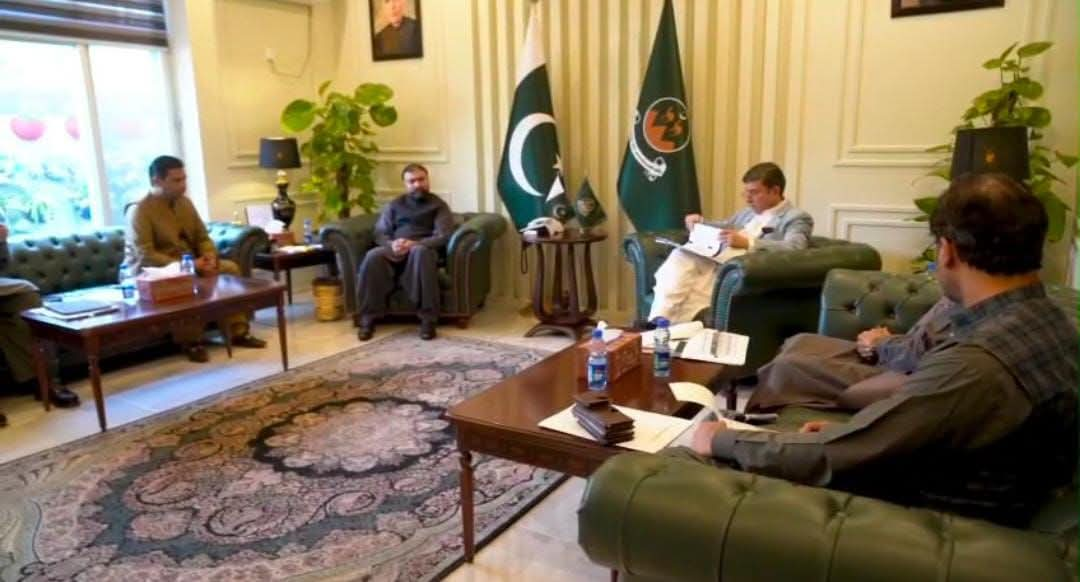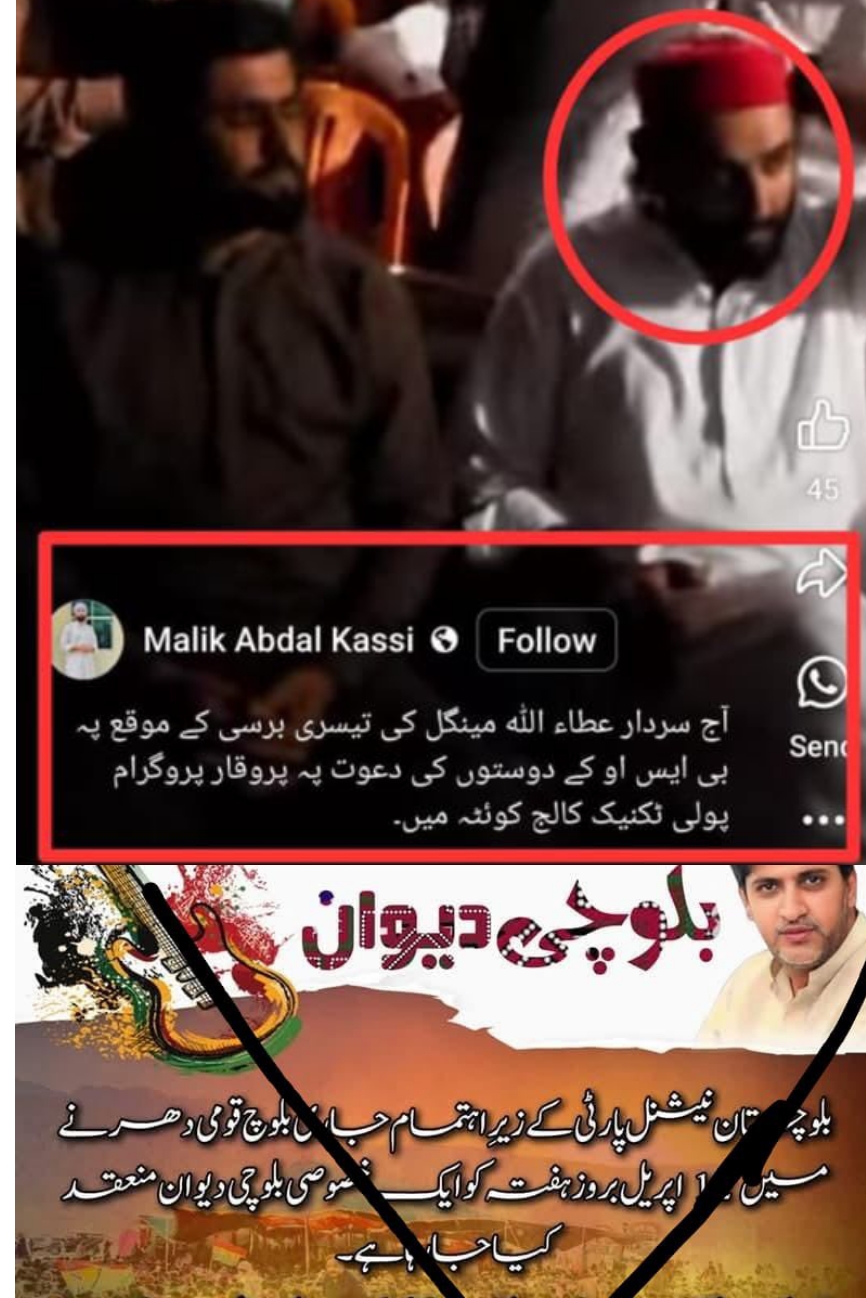
Politics in Balochistan has always carried a distinctive cultural and traditional flavor, where tribal values and customs have held the utmost importance. Among these traditions, the “Balochi Diwan” has a special place, which, in the past, was a gathering meant for wisdom, consultation, and resolving tribal issues. However, in recent years, the way this ancient Baloch tradition is being presented has raised serious questions.
Sardar Akhtar Mengal, a well-known name in Balochistan’s politics and the leader of the BNP (Mengal), has recently organized events under the name of Balochi Diwan that do not align with the traditional meaning of the Diwan. Last September, on the occasion of the anniversary of his father, Sardar Ataullah Mengal, who was the first Chief Minister of Balochistan, an event was organized to gather party workers, with music and dance added to make the occasion more “attractive.” This led to criticism from several circles.
Once again, Akhtar Mengal is organizing a dance and music gathering under the guise of a Balochi Diwan, this time in celebration of the release of Maherang Baloch or his presence in jail. The question arises: is this really a Diwan, or is it simply the misuse of a cultural symbol for political purposes? If those claiming Baloch nationalism are turning their gatherings into political meetings based on local dances and songs, can this guide Baloch youth in the right direction, or will it remain limited to temporary excitement and entertainment?
The Balochi Diwan has traditionally been viewed as a center of seriousness, deliberation, and tribal thought. The respect and dignity of tribal leadership are closely tied to this Diwan. However, if this platform is reduced to mere dance and music events, what message will be sent to the new generation? Will the key issues faced by the Baloch people, such as enforced disappearances, economic exploitation, and lack of basic facilities, be resolved through such “Diwans”?
Politicians like Akhtar Mengal need to answer this question: in their pursuit of adding cultural flavor to their political stature, where are they leading the nation? If the true aim is to promote Baloch culture, why not make the Diwan a source of knowledge, insight, politics, and guidance for the youth, rather than turning it into an event that only provides momentary entertainment and distracts from the real issues? The time has come for Baloch leadership to recognize the true spirit of the Diwan and turn it into not just an event but a “movement.”

